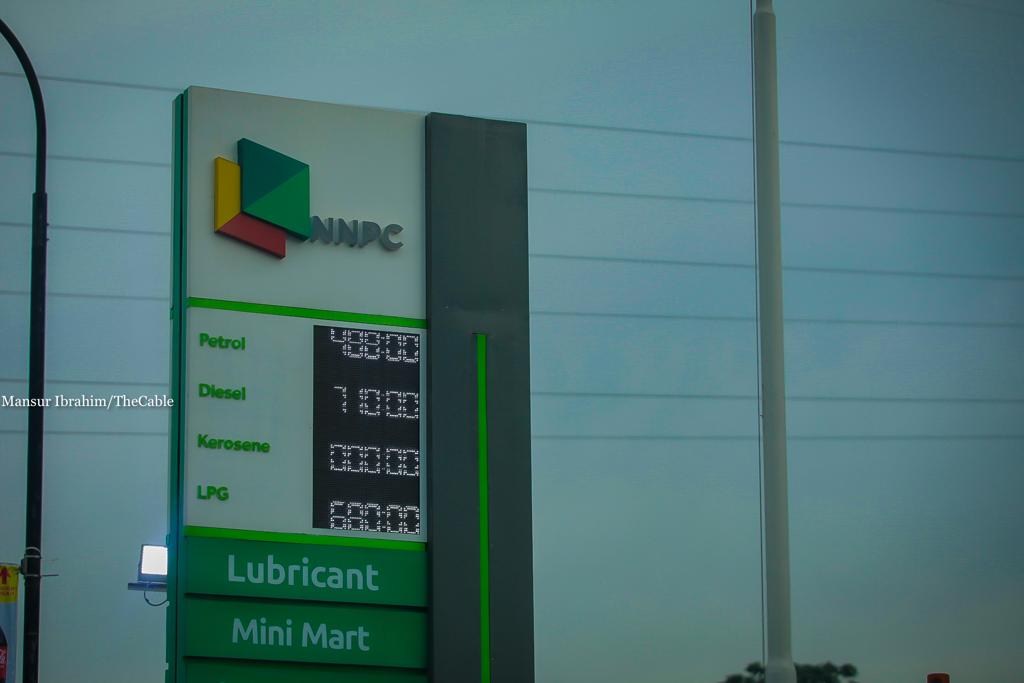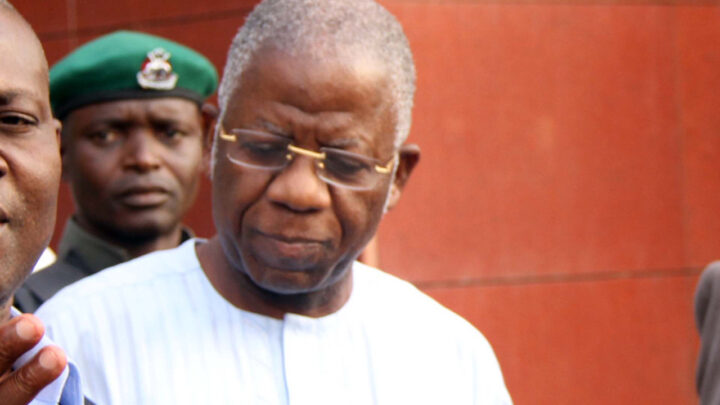PricewaterhouseCoopers, one of the big four consulting firms in the world, has identified post-subsidy palliatives that the federal government can implement to mitigate the effect of the petrol subsidy removal.
In its recent report, titled, ‘Fuel Subsidy in Nigeria — Issues, Challenges, and the Way Forward’, PwC said minimum wage increase, high tax exemption, and the provision of foreign exchange (FX) to importers of diesel, can help curtail the shocks of subsidy removal.
Proposing possible remedies to the subsidy removal crisis, PwC asked the federal government to fully deregulate the downstream sector and completely stop the under-recovery payments.
The company also backing the government’s decision to scrap subsidy on petrol, suggested the provision of credible, evidence-based palliatives.
Advertisement
The policy brief was shared via a document co-produced by Taiwo Oyedele, its fiscal policy partner (pictured above).
‘RECOMMENDED PALLIATIVE’
“It is not the poorest people in villages that will be most impacted as they normally have very limited touch points with petrol consumption (they move around by trekking or using bicycles to their farms, shops, and market with only a very few owning motorcycles or vehicles),” the report reads.
Advertisement
“The recommended palliatives are an increase in the minimum wage — this will ensure that there is support by workers and limit the resistance by the labour union.
“Increase in the monthly income threshold for PAYE exemption purposes — currently N30,000 per month is exempted from PAYE which can be increased to at least N50,000 per month. This will give extra cash to the employed poor on a monthly basis to cushion the impact of subsidy removal on them. Also, small business owners will benefit by way of higher tax exemption on their equivalent profits for direct assessment.”
The firm also said the government should guarantee the provision of foreign exchange (FX) to importers of diesel at “the official exchange rate using the FX savings from the current fictitious petrol consumption that will be eliminated when the subsidy is removed”.
This, PwC said, would bring the pump price of diesel down significantly and in turn moderate the inflationary impact of the petrol price increase.
Advertisement
While the minimum wage increase and high tax exemption threshold will affect the revenue of states, PwC said the higher revenue to be shared from subsidy savings “will more than compensate”.
“The additional benefit of this proposal is that it can be implemented within a short period of time at a manageable cost while protecting the most vulnerable population in a sustainable manner without being prone to corruption,” the consulting firm said.
Meanwhile, the country is currently experiencing post-subsidy realities after President Bola Tinubu announced that the petrol subsidy has been removed.
Last week, Tinubu had said the present N30,000 minimum wage for civil servants would be reviewed.
Advertisement
Add a comment






